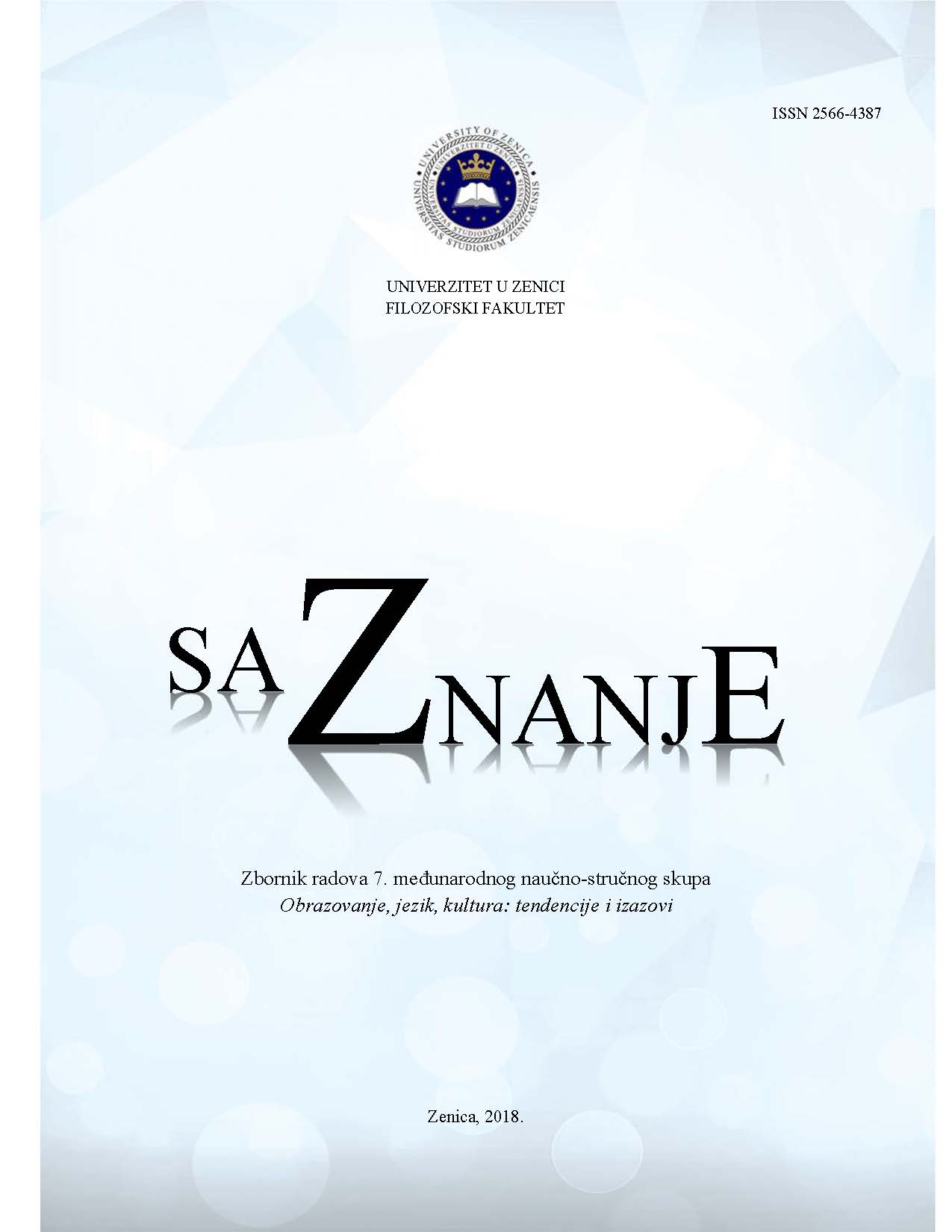INTEGRACIJA ROMSKE DJECE U HRVATSKI OBRAZOVNI SUSTAV
INTEGRATION OF ROMA CHILDREN INTO CROATIAN EDUCATIONAL SYSTEM
Author(s): Katarina HorvatSubject(s): Social Sciences, Culture and social structure , Inter-Ethnic Relations, Ethnic Minorities Studies, Sociology of Education
Published by: Filozofski fakultet, Univerzitet u Zenici
Keywords: Roma people; education; national strategies; segregation; discrimination;
Summary/Abstract: The first written document in the territory of the Republic of Croatia confirms that Roma people have been living in these areas since the 14th century. Ever since then, they have been moving across Croatia in search of jobs, social emancipation, better life and economical circumstances. Obstacles on their way are often caused by not knowing the language, lack of education and illiteracy, which are reflected on the whole life cycle of the people of Roma nationality. The crucial precondition for bettering their quality of life is education. Social and welfare differences emerge already in the primary school and interventions performed by the state in this sector are getting more noticeable and bigger. However, the conditions that lead to differences in the very approach to education in Roma families need to be considered. One of the reasons why Roma children are not that committed to school lies in the thesis that traditional Roma vocations don’t require long-term education, skills and specialization are rather learnt from the elders (parents). Seclusion from the traditional environment and nuclear group due to education disturbs group relationships and dynamics. Values that are cherished by the Roma people are often in disproportion with the social circumstances that surround them, and because of their specific lifestyle they often face lack of understanding, segregation and discrimination.Tolerance towards Roma people in Croatia is on an unenviable level, and that starts already in the primary school. One of the problems is the irregularity of class attendance, and in the end,that has negative consequences for Roma generations. Education is necessary for Roma national minority primarily to improve their standard of living. Republic of Croatia is aware of this problem and therefore implements the programs for integrating Roma people into the community. Nevertheless, the integration of Roma people in Croatia in general has its own 120 specific difficulties. Particularly, Roma people accept the religion, customs, tradition and mostly the language of the majority group, but they keep their specific lifestyle. This work explains the problem of integrating Roma children in the context of education, because a lot of existential questions depend on it – job, healthcare, residence, and quality of life in general.
Journal: saZnanje
- Issue Year: 1/2018
- Issue No: 1
- Page Range: 112-120
- Page Count: 9
- Language: Croatian

